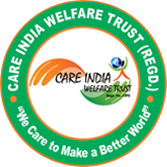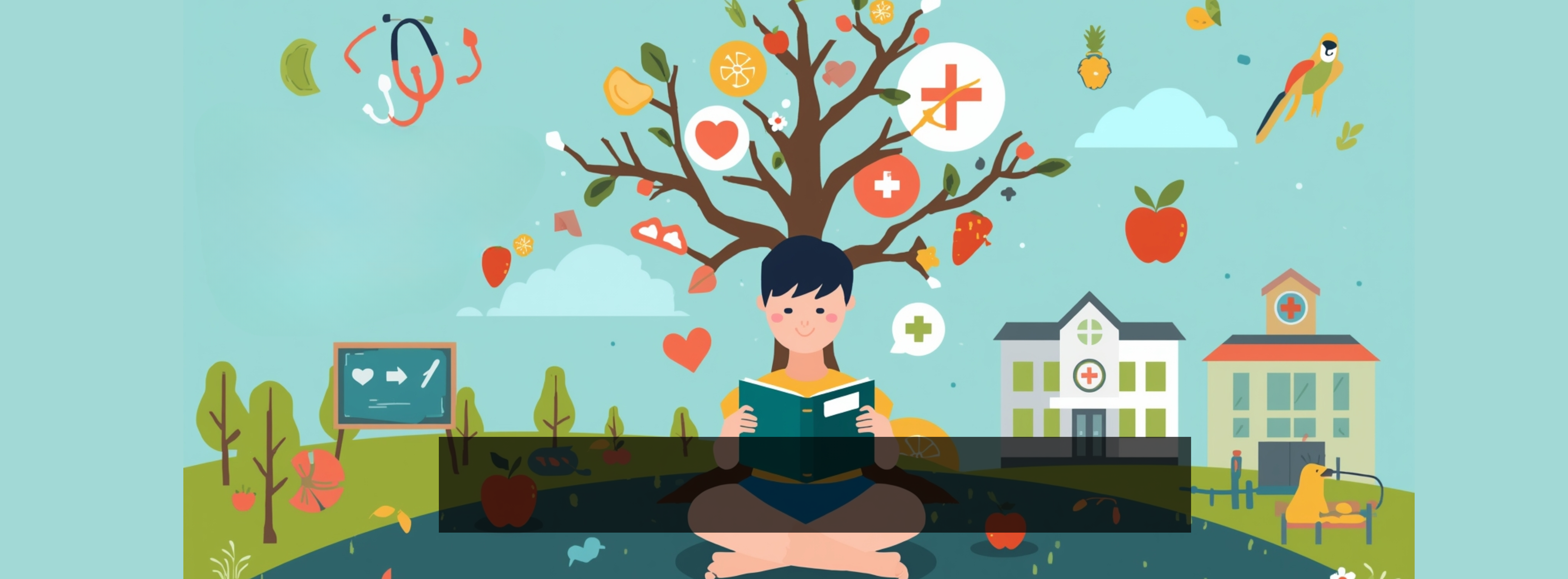When we think about the progress of any country, two things play the biggest role — good education and good health. Without educated minds and healthy bodies, no society can truly grow. Education gives people knowledge and skills, while health gives them the strength to use those skills. This is why the importance of health education cannot be ignored. In simple words, the purpose of health education is to help people live better, healthier, and more productive lives.
In fact, health education (स्वास्थ्य शिक्षा का महत्व) goes hand in hand with regular learning. Together, education and health become the real keys to development. In this blog, we will explore how education and health are connected, why they matter so much, and what challenges we face in making them accessible for all.
Why Education Builds a Strong Future
Education is like a lamp that lights the path of life. It teaches people how to read, write, think, and make wise choices. A child who goes to school learns not only subjects like math and science but also important life lessons like discipline, teamwork, and problem-solving. This is why experts often talk about the 10 importance of health education and quality learning, as both strongly shape the future of children.
When schools focus on health education in schools and overall school wellbeing, students not only grow in knowledge but also in healthy habits. These habits directly improve education and health outcomes, making children more active, attentive, and ready to achieve their goals.
Educated people can find better jobs, earn a stable income, and support their families. They also become aware of their rights and duties, making them responsible citizens. For example, when young girls are educated, they delay early marriage, take better care of their children, and contribute to society.
In short, education builds a strong foundation for personal success and national growth.
Health as the Foundation of Progress
Even the best education cannot help if people are not healthy. Imagine a student who wants to learn but falls sick often due to malnutrition or lack of clean water. They will miss school, fall behind, and struggle in the future. This is why well-being in schools and student well-being programs in schools are so important to ensure children can attend regularly and learn effectively.
Health is the energy that allows us to use our knowledge. A healthy worker can perform better, a healthy farmer can produce more, and a healthy teacher can guide students with full energy.
Countries that invest in healthcare see their people living longer, happier, and more productive lives. Without health, progress becomes slow and painful.
The Link Between Learning and Well-Being
Education and health are deeply connected as one supports the other. For example, educated parents are more likely to take their children to hospitals, give them nutritious food, and ensure they are vaccinated. At the same time, healthy children can attend school regularly and focus on learning, which helps them achieve education success.
Let’s take an example: if a child suffers from anemia (lack of iron in the body), they will feel weak and tired in class. Even if the teacher explains well, the child may not learn properly. But with good nutrition and healthcare, the child becomes active, attends school daily, and learns better.
This shows why education is the key to success. A strong foundation of learning and health ensures every child grows confidently. Indeed, education is the key of success in life, helping people reach their goals while staying healthy.
How Education Reduces Poverty
One of the biggest benefits of education is that it reduces poverty. A person without education often struggles to find a good job and may remain stuck in low-income work. But an educated person can access better opportunities, earn more, and lift their family out of poverty.
For example, when children in rural areas are given quality education, they can move from working in fields to working in offices, starting businesses, or becoming teachers, doctors, and engineers. This not only improves their own lives but also raises the standard of living in their entire community.
Education also helps people learn how to manage money, save money, and avoid harmful practices like child labor or debt traps. In this way, education breaks the cycle of poverty.
Healthy People, Strong Communities
A community is like a tree, and its people are the roots. If the roots are weak, the tree cannot stand tall. Similarly, if people in a community are unhealthy, the whole society suffers.
Healthy people can work harder, support one another, and build a stronger economy. For example, a community where mothers and children receive proper healthcare will see fewer deaths and more children growing into educated adults.
Good health also reduces the burden on families. If people are always sick, families spend more on medicines and hospitals, leaving less money for education and other needs. But when people are healthy, families save money and use it for growth.
Strong communities come from strong, healthy people.
Investing in Schools and Healthcare
If education and health are so important, then investing in them should be the top priority for every government and society. This means building more schools, training teachers, providing free or affordable education, and ensuring no child is left behind.
At the same time, healthcare systems must be improved. Hospitals should be available in every town and village. Doctors, nurses, and medicines must be affordable for all. Clean drinking water, sanitation, and nutrition programs are also part of good healthcare.
When money is wisely invested in these areas, the return is much greater. Every dollar spent on education and health gives back many times more in economic growth, social stability, and human happiness.
Challenges We Still Face
Even though we know the importance of education and health, many challenges still remain. In many parts of the world:
- Children drop out of school because of poverty or the need to work.
- Girls are denied education due to old traditions or safety issues.
- Hospitals are far away, and basic medicines are missing.
- Malnutrition affects millions of children, making them weak.
- Corruption and poor planning waste resources that should go to schools and hospitals.
These challenges hold back development. Unless we solve them, progress will remain slow.
Working Together for a Better Tomorrow
The solution lies in working together. Governments must provide policies and budgets, NGOs must bring awareness and support, teachers and doctors must dedicate themselves to their duties, and communities must take responsibility for their children’s future.
Parents must encourage education, ensure proper nutrition, and break harmful traditions. Young people must use their education and health to bring positive change. And societies must understand that development is not about tall buildings but about strong people.
A better tomorrow is possible when everyone has access to both education and health.
Conclusion
Good education and good health are like the two wings of a bird. Without them, no nation can fly toward progress. Education builds knowledge and opportunities, while health provides the energy to use them. Together, they reduce poverty, strengthen communities, and create a future full of hope.
If we want real development, we must ensure that every child learns in a classroom and grows up healthy. Only then can we build a strong, fair, and prosperous world for all.
FAQ
Why is Health Education Important?
Health education empowers individuals to make informed decisions, adopt healthier lifestyles, prevent diseases, and improve well-being, ultimately reducing healthcare costs and enhancing community health outcomes.
How Does Education Influence Health?
Education provides knowledge on healthy behaviors, nutrition, exercise, and disease prevention. It increases health literacy, enabling individuals to make better choices and access healthcare resources effectively.
How Education Affects Health?
Education promotes better health by improving awareness of healthy habits, access to healthcare, and decision-making skills, leading to healthier lifestyles, disease prevention, and longer life expectancy.
How can Education Improve Your Life?
Education enhances critical thinking, provides career opportunities, boosts self-confidence, and fosters personal growth, ultimately improving financial stability, relationships, and overall quality of life, including better physical and mental health.
Why is Health Class Important?
Health class teaches essential knowledge about nutrition, exercise, mental health, and disease prevention. It equips students with the skills to make informed health decisions and lead healthier, balanced lives.

